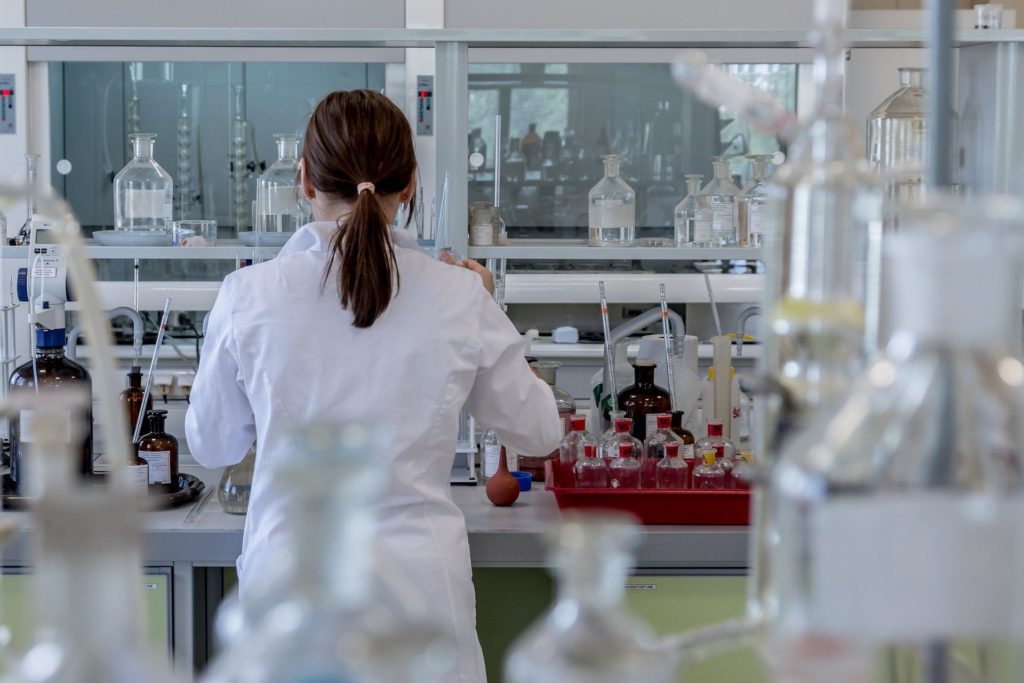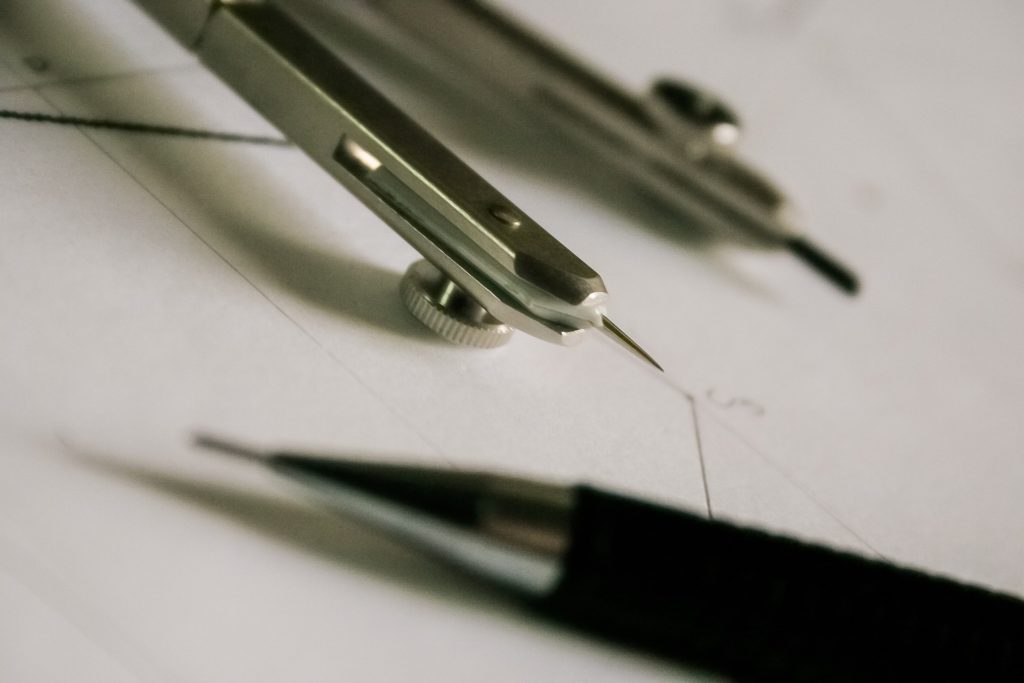Planning and executing research experiments are key parts of our research work. There are multiple steps that lead to a successful research experiment. The process starts with identifying the research question. Once the question has been identified, planning of the experiment begins. A meticulously planned scientific experiment will result in its smooth execution. Read ahead for some tips on how to plan a scientific experiment and execute it successfully to find answers to your scientific question!
Know your research question
The objective of the experiment you are planning is to answer a specific research question. Make sure that you have thought about that question! If needed, you can get more clarity by talking to your peers and to your advisor. See here for more information on how to build those important collaborations.
Collaborate with others
Ask your peers and advisors who may have conducted similar experiments and discuss the plan with them! This approach can help you optimize the time spent in the laboratory and avoid costly mistakes. I remember the time I blew up a computer by powering it up in a country that had a different supply voltage than the US! A simple conversation with a peer would have avoided this costly mistake.

Write down everything
As you begin your planning, write down the steps you will take and the equipment you will need for your experiment. Coordinate with others in your lab (or collaborating labs) about using borrowed equipment. When in the lab, use a notebook to write down all of the steps, including the details. This can seem like a lot of work now, but you will thank yourself later when you are in the process of analyzing your data. Sometimes we return to experiments performed months or years earlier and having a good record of what was done is very important.
Off site experiments
When conducting an off site experiment you will need more planning and preparation than you would for an experiment in your own lab. You may need to ship your equipment to a new facility, which will likely have its own safety protocols. When planning which equipment to ship, be as thorough as possible and pack back-ups for critical components, if possible. Try to anticipate things that could go wrong and be prepared! Additionally, some facilities will require training courses that need to be completed prior to your arrival. Here communication is key, so make sure you are communicating with the host institution to iron out as many details as possible prior to your experiment.
Conclusions
Conducting well-planned experiments is an important part of your journey as a graduate student. Establishing good habits early in your career will set you up for success after graduation, leading you to become an excellent researcher. It is important to work with others, as well as independently, to produce accurate results in a reasonable and timely fashion. With experience, your productivity and efficiency skills will grow along with your experiment planning and execution.
Do you have any tips for conducting a research experiment? Let us know in the comments!

